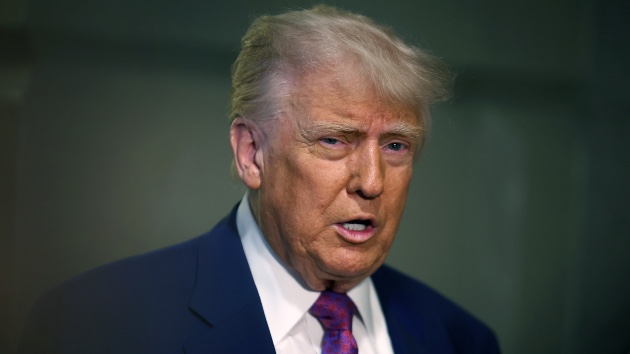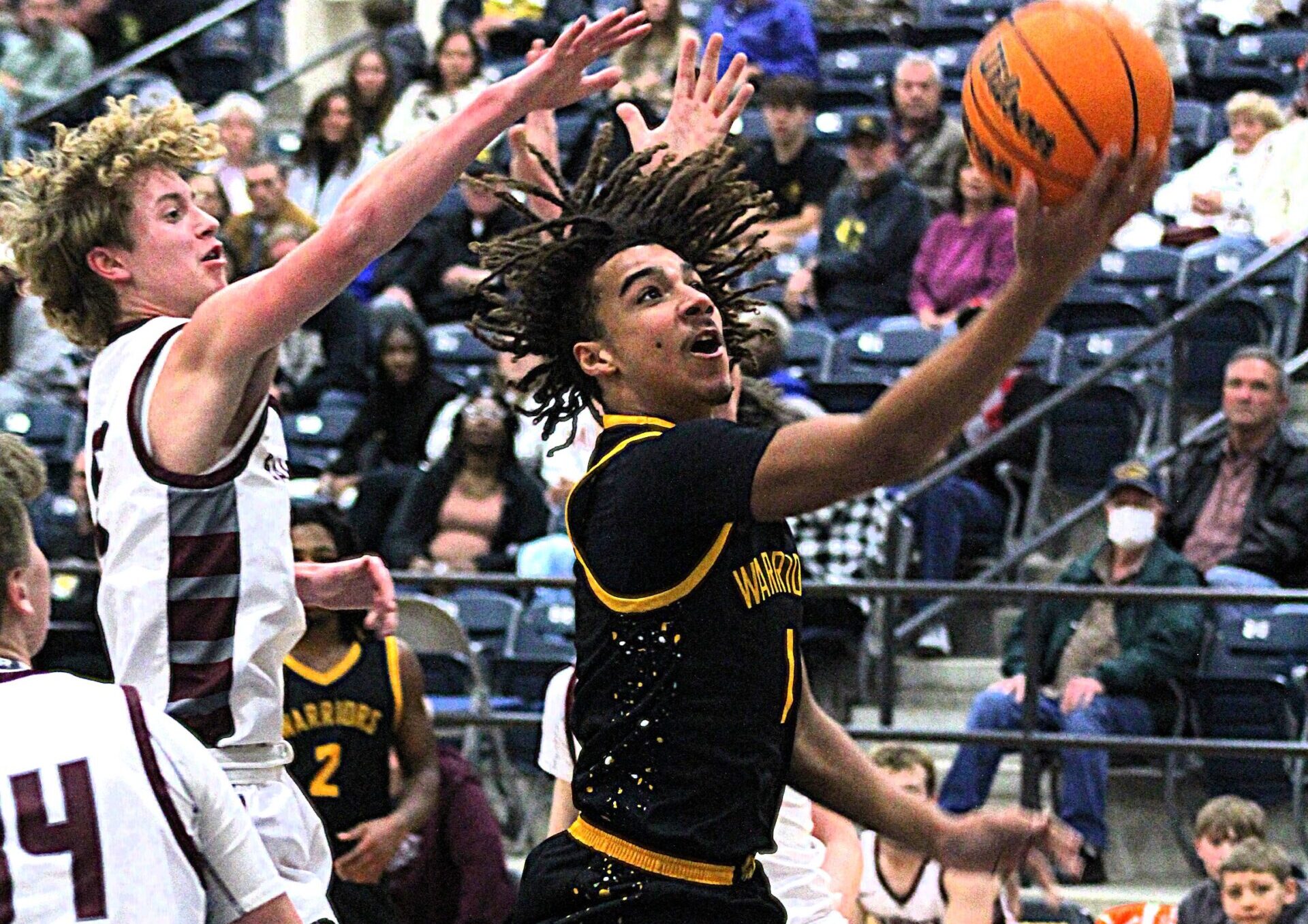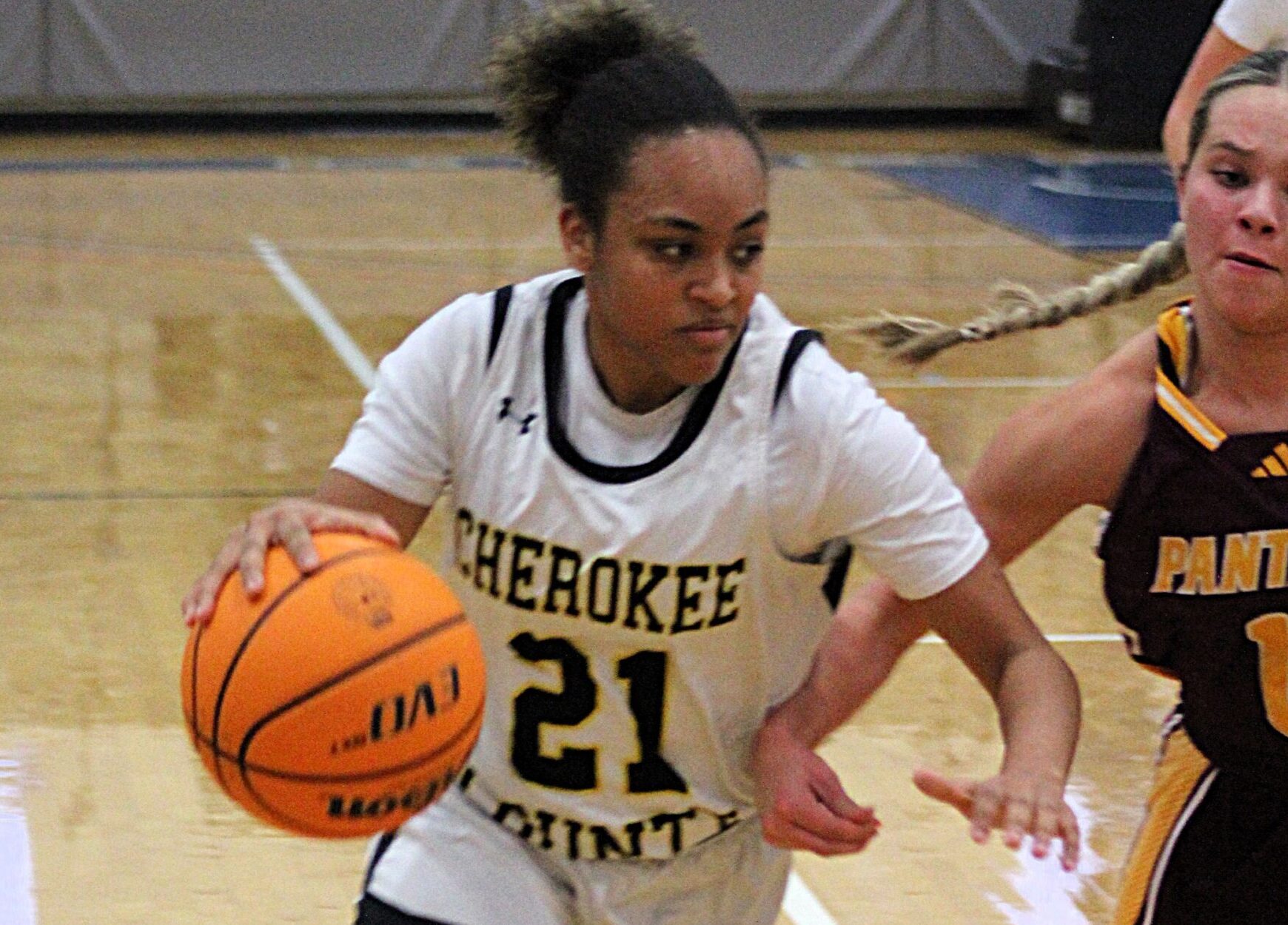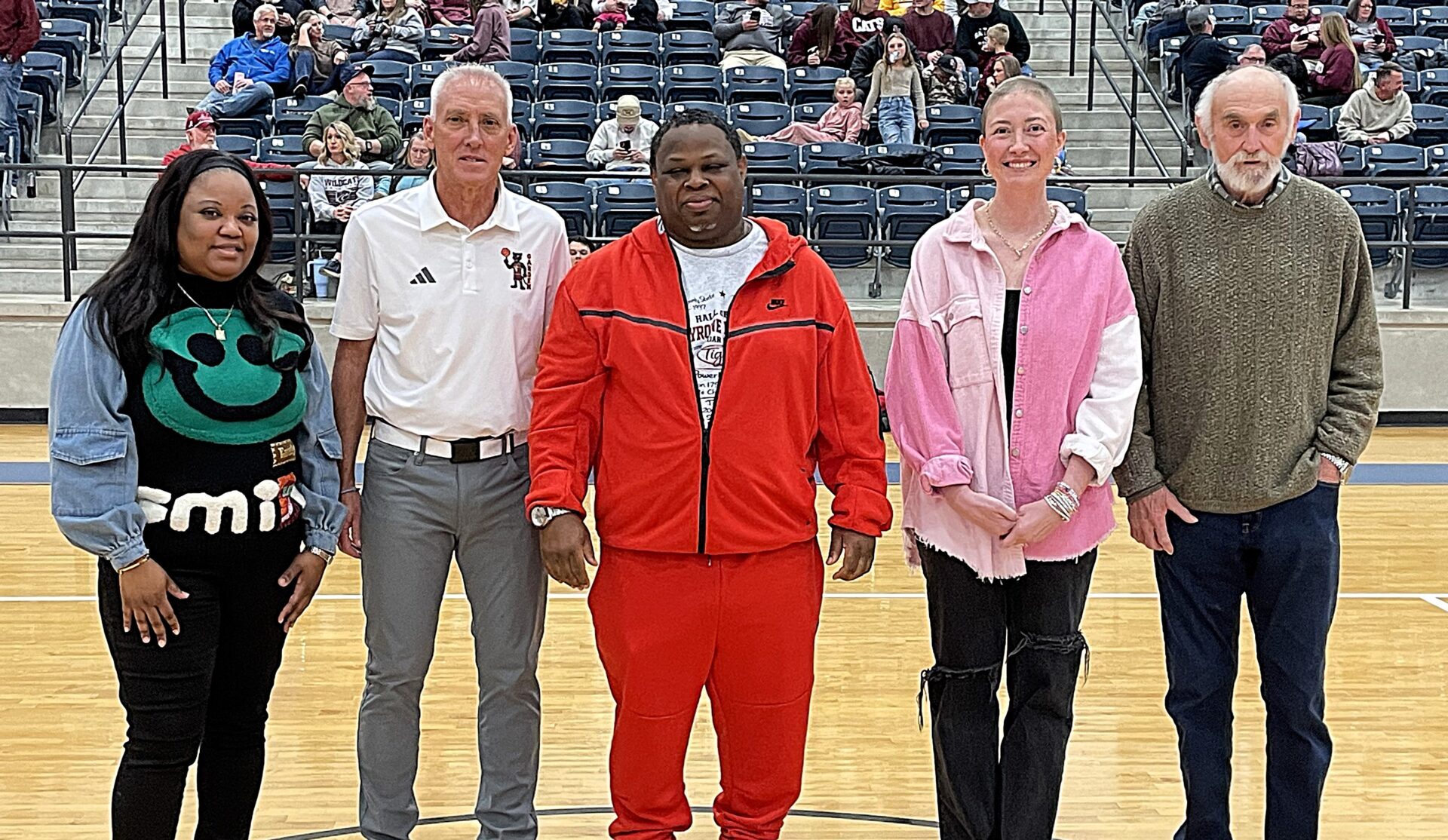
(NEW YORK) — One year ago today, a jury of 12 New Yorkers convicted Donald Trump for falsifying business records as part of an alleged hush money scheme to influence the 2016 election.
The conviction left an indelible mark on Trump — making him the first president or former president to be found guilty of a crime — and his fight to erase that legacy continues to this day.
On June 11, a federal appeals court in Manhattan is set to hear oral arguments in the president’s renewed legal fight to move his criminal case from state to federal court.
Manhattan District Attorney Alvin Bragg opposes the move — arguing that a case can’t be removed to federal court after conviction — but Trump’s lawyers have argued the “unprecedented criminal prosecution of a former and current president of the United States belongs in federal court.”
Trump was found guilty on 34 felony counts after prosecutors alleged that he engaged in a “scheme” to boost his chances during the 2016 presidential election through a series of hush money payments to adult film actress Stormy Daniels and the falsification of New York business records to cover up that alleged criminal conduct.
“I did my job, and we did our job,” Bragg said following Trump’s conviction. “There are many voices out there, but the only voice that matters is the voice of the jury, and the jury has spoken.”
Ten days before Trump was sworn in as president last November, New York Judge Juan Merchan sentenced him to an unconditional discharge — without prison, fines or probation — saying it was the “only lawful sentence” to prevent “encroaching upon the highest office in the land.”
“I won the election in a massive landslide, and the people of this country understand what’s gone on. This has been a weaponization of government,” Trump told the court during his sentencing.
Trump continues to vehemently deny any wrongdoing, and his lawyers have argued that his conviction relied on evidence and testimony that related to his official acts as president, including social media posts from his official Twitter account as president and testimony from his former communications director Hope Hicks.
The trial took place one month before the Supreme Court delivered a landmark ruling expanding the scope of presidential immunity, and Trump’s lawyers have argued that the evidence would have not been permitted based on the high court’s ruling.
Trump’s lawyers attempted to use that argument to throw out the case before Trump’s January sentencing, but the argument was rejected by Judge Juan Merchan, two New York appeals courts, and the Supreme Court.
“The alleged evidentiary violations at President-Elect Trump’s state-court trial can be addressed in the ordinary course on appeal,” the Supreme Court said in a brief unsigned opinion, though four justices said they would have granted Trump’s application.
For Trump’s criminal defense, he relied on then-defense attorneys Todd Blanche and Emil Bove, who now serve as the deputy attorney general and principal associate deputy attorney general. Earlier this week, Trump announced that he plans to nominate Bove — who led a purge of career law enforcement officials before the Senate confirmed his nomination to help run the DOJ — to the United States Court of Appeals for the 3rd Circuit.
With his former defense attorneys now working for the government, Trump earlier this year tapped the elite Manhattan law firm of Sullivan & Cromwell to handle his criminal appeal.
Lawyers with the Department of Justice also filed an amicus brief in the case this week to argue that the case should be heard — and thrown out — by a federal court because the jury’s conviction relied on evidence that was covered by presidential immunity.
“That President Trump’s defense in fact takes the form of a new constitutional immunity announced by the Supreme Court after his trial ended, rather than a new statute enacted by Congress, should if anything cut in the President’s favor,” lawyers with the Department of Justice argued in a brief submitted on Tuesday.
The appeal — as well as the ongoing appeal of Trump’s $83 million judgment in the E. Jean Carroll civil case and half-billion-dollar civil fraud case — is proceeding on uncharted legal grounds as Trump wields the power of the presidency in his defense. He has characterized the prosecutors who pursued the cases against him as politically motivated, and has touted his electoral victory last November as a political acquittal.
“The real verdict is going to be Nov. 5 by the people,” Trump told reporters as he left court following his conviction last year. “And they know what happened here, and everybody knows what happened here.”
Copyright © 2025, ABC Audio. All rights reserved.




